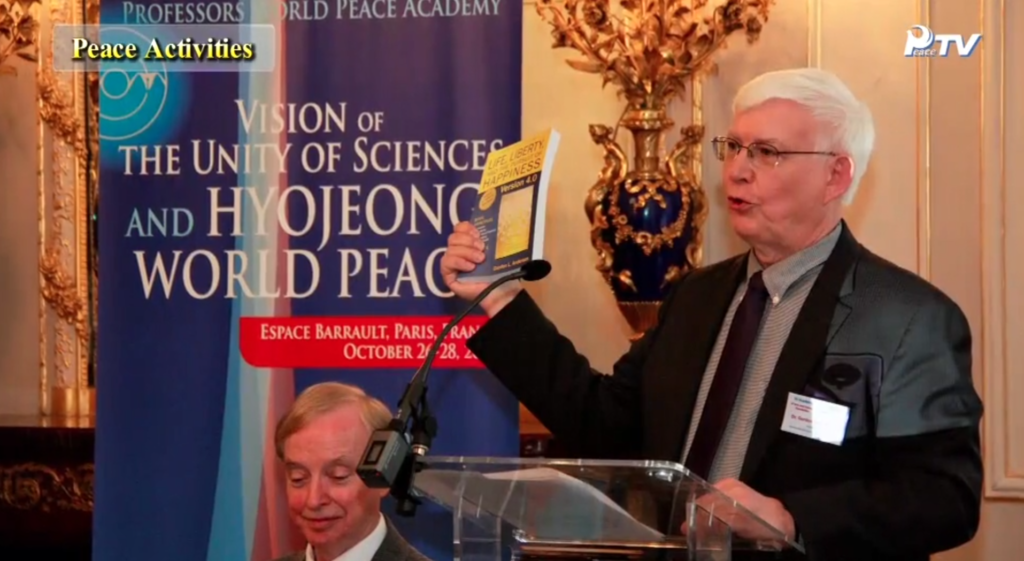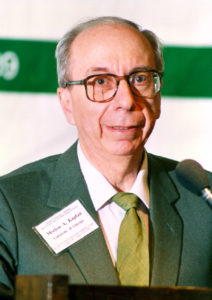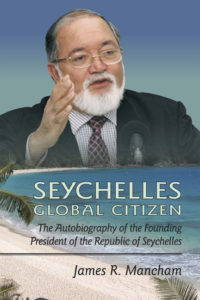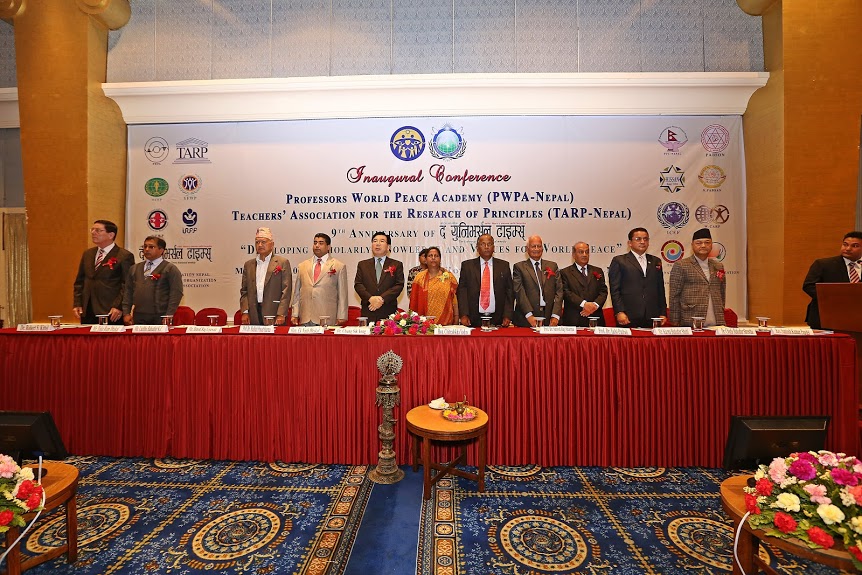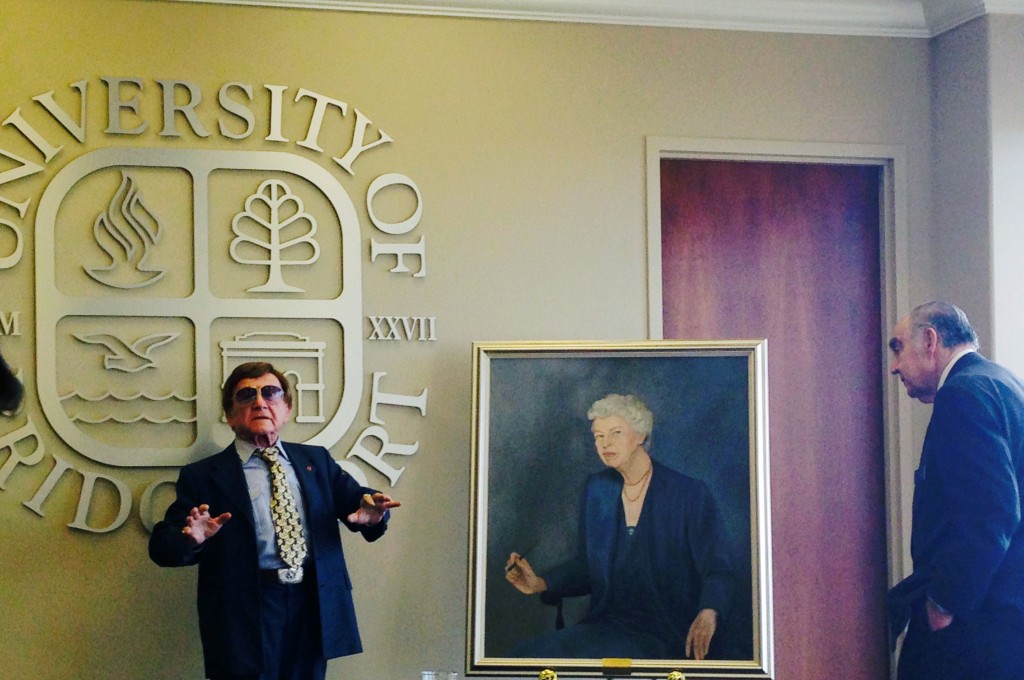Note: The author of this article, who resides in Europe, believes it is important to promote discussion in the US about smaller steps of conflict reduction such as divided family contacts, increased economic cooperation, and other forms of citizen and private sector exchanges.
Korea: An Olympic Truce: Time for Concerted Non-governmental Efforts
Rene Wadlow*
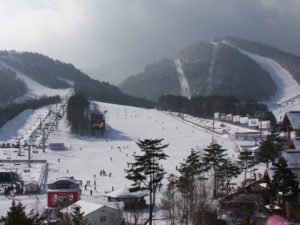 The holding of the Winter Olympics in South Korea from 9 to 25 February followed by the Paralympics 9 to 18 March may be an an opportunity to undertake negotiations in good faith to reduce tensions on the Korean Peninsula and to establish, or re-establish, forms of cooperation between the two Korean governments.
The holding of the Winter Olympics in South Korea from 9 to 25 February followed by the Paralympics 9 to 18 March may be an an opportunity to undertake negotiations in good faith to reduce tensions on the Korean Peninsula and to establish, or re-establish, forms of cooperation between the two Korean governments.
Such negotiations in good faith would be in the spirit of what is known as the “Olympics Truce”. Truce in classic Greek meant a “laying down of arms”. A truce was usually announced before and during the Olympic Games to ensure that the host city was not attacked and athletes and spectators could travel safely to the Games and return to their homes.
In 1924, Winter Olympics were added to the Summer Olympics which had been revived earlier in an effort to re-establish the spirit of the Classic Greek games. At the 2000 Sydney games at the opening ceremony, South and North Korean delegations walked for the first time together under the same flag. Today, with greater tensions, there needs to be more than symbolic gestures. There needs to be real government-led negotiations to reduce tensions. In addition to the two Korean States, the USA, China, Russia, and Japan are “actors” in the Korean “drama.” Continue reading →
